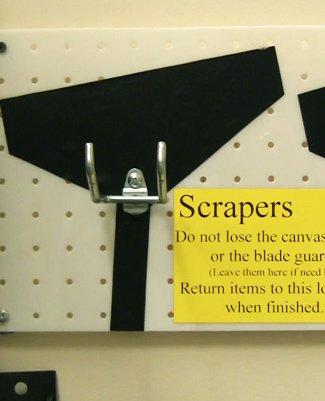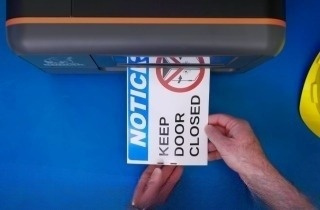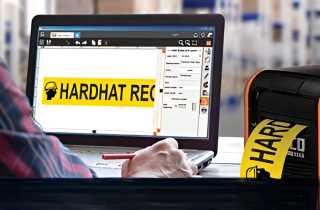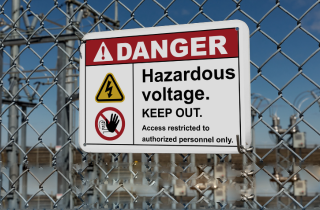Small Business Gets Big Safety Program Assistance
Most small businesses are exempt from injury and accident reporting mandated by the Occupational Safety and Health Administration. A small business is fewer than 10 employees during the year per OSHA and fewer than 50 for the National Institute for Occupational Safety and Health. Yet, whether one worker or 50, it is still an employer's responsibility to protect them. What are some of the top items on which small businesses should focus? OSHA and NIOSH recently made an update to a small business safety and health handbook to help.
Struggles in Safety
What is new in the handbook are comprehensive highlights on the benefits of a solid safety and health program. It also includes checklists for easy self-inspection to identify hazards and resources for small businesses. The book is a general, federal-level guide on topics ranging from emergency safety to welding ? all of which affect small businesses in various industries.
The rate of workplace injuries is not slowing. For the past few years, there have been more than 5,000 worker deaths and 2 million nonfatal injuries annually in the U.S., according to the Bureau of Labor Statistics. While the rates for small business are lower, there are still commonplace. Smaller businesses typically hire young and low-skilled workers who need more safety training and education.
"The revised Small Business Handbook is a valuable tool to help employers identify where to take action to make their workplaces safer and more healthful for their employees," said Jim Frederick, OSHA's acting assistant secretary of labor. "Safety has to be a continuous process that involves preventing injuries and illnesses and saving lives."
Small Actions, Big Results
 Among the top challenges for small businesses, according to NIOSH, is meeting government regulations. The benefits of safety can help any business save money long term through lowering insurance costs, increasing productivity, and more. Smaller budgets can also play a role in a lack of a safety program. However, there are simple solutions any business can utilize, which are cheaper than a hefty fine from OSHA or insurance claim should a worker get hurt.
Among the top challenges for small businesses, according to NIOSH, is meeting government regulations. The benefits of safety can help any business save money long term through lowering insurance costs, increasing productivity, and more. Smaller budgets can also play a role in a lack of a safety program. However, there are simple solutions any business can utilize, which are cheaper than a hefty fine from OSHA or insurance claim should a worker get hurt.
- Set small goals: Conduct a thorough safety and compliance audit. Use this information to create a basic safety program. Additionally, OSHA will work with any business as part of its On-Site Consultation Program, mentioned in the new handbook.
- Train workers: Demonstrate good working behavior and outline safety expectations. There are tons of free educational safety resources such as YouTube videos, webinars, infographics, and informative articles. Conduct frequent safety talks to focus on ergonomics, electrical safety, chemical handling, and other workplace hazards. Engage workers and problem-solve for adequate and insightful solutions to safety challenges.
- Improve order: Remove clutter and tidy up to maximize workspaces. When everything has its place, the 5S method improves safety and efficiency. It also reduces the chances of injury.
- PPE: Gloves, safety glasses, N95 masks, and other personal protective equipment are affordable and available in many discount stores.
Small businesses can start or improve safety through OSHA and NIOSH's new handbook and consistent action. Workplaces can take advantage of low-cost tactics and tools, which help support goals and protect workers. Maximize safety efforts through visual signals such as signs, labels, and floor tapes. By setting small goals and working together, small businesses create an excellent workplace culture that extends any business' reputation in the community.
Related Resources

Occupational Exposure
The term "occupational exposure" refers to a potentially harmful exposure to hazards chemicals in the ...
Read
Tips to Improve Silica Compliance
To further limit respirable crystalline silica dust exposure, OSHA is enforcing its rule for general, ...
Read
Respiratory Health Toolkit
OSHA and the National Institute for Occupational Safety and Health (NIOSH) released the Hospital Respiratory ...
Read.png)





